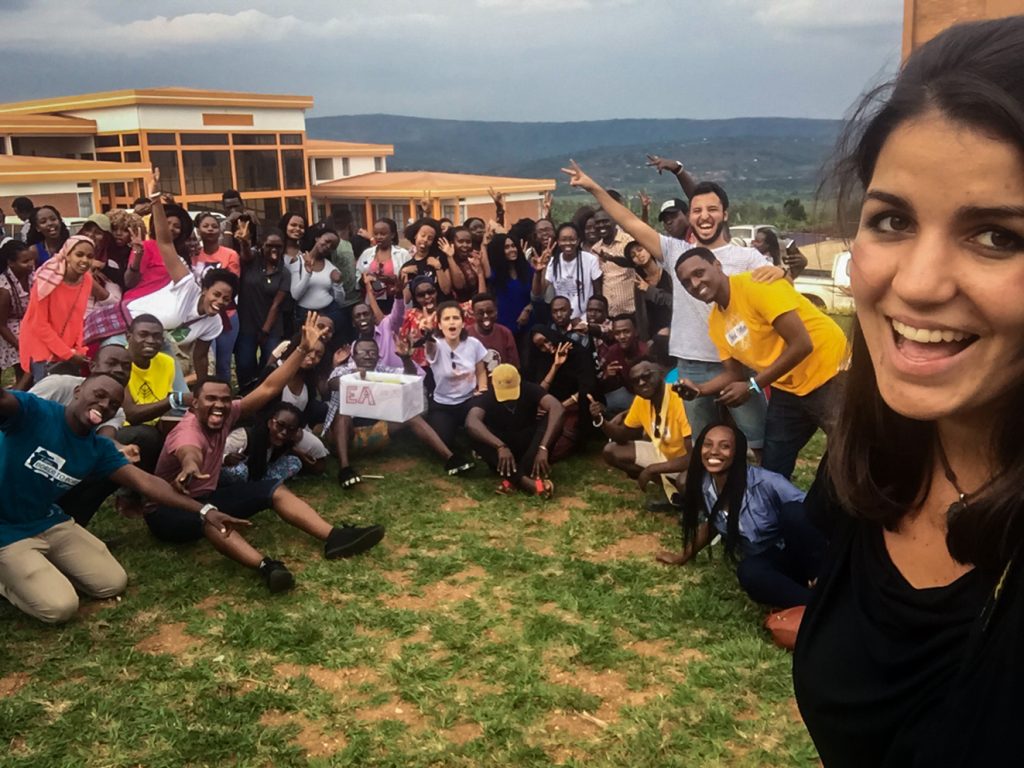
Reaching the end of my AIESEC experience didn’t only mean saying goodbye to all the years spent trying to develop leadership, but also the chance to finally be active on ground, to witness firsthand the impact we create in communities all over the world. As the last step of a life-changing journey, I wanted to be able to contribute to change myself, with my own two hands, to start my building a better world.
Thanks to PwC, I had the opportunity to go on exchange and become a Global Volunteer in Rwanda. Africa was still an unexplored continent for me, an adventure waiting to happen and a place where I knew I could work on the issue I wanted to contribute to – education. That’s exactly how I end up living in Byangabo, a small village in the Northern province of Rwanda, for a month and a half.
Being there came with many cultural shocks and uncomfortable situations that I didn’t always know how to react to. Very few people spoke English in the community, so learning how to communicate effectively turned out to be very interesting. However, the challenges I went through, or as I like to call them, the adventures, came with countless lessons and gifts, either by shining a light on an unknown side of myself or by making me realize things I had never thought of before. Every day, every moment spent there impacted me by changing my perspective of life, by transforming the way I perceive the simple things around me.
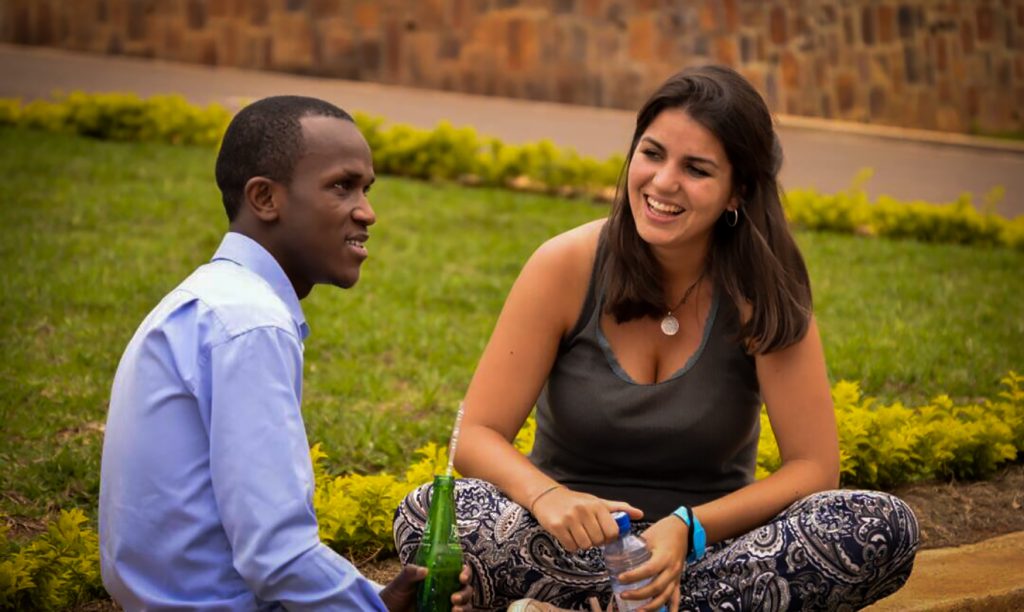
I was walking home with one of the teachers after class one day, discussing about the tense situation in Spain. He watched me silently as I complained about how our freedom of speech was being censored and tried to explain how hard we had it. It was only when he started laughing about my dramatic storytelling that I realized how out of place it was to complain.Do you know what it means to have freedom in Africa? he said. People here don’t have access to education, 38% of adults are illiterate. They are limited by not having the right to know. It’s poverty that limits our freedom.
I never realized how the word freedom can so easily change its meaning depending on the context it’s used in. Through working as a teacher in the school, I learnt that education can make someone free – free to make decisions of their own, and through that, to create a life for themselves. It’s something everyone can contribute to – just by teaching someone something new, something they wouldn’t have had the occasion of knowing, you will enable them to learn more, to find a little bit of freedom.
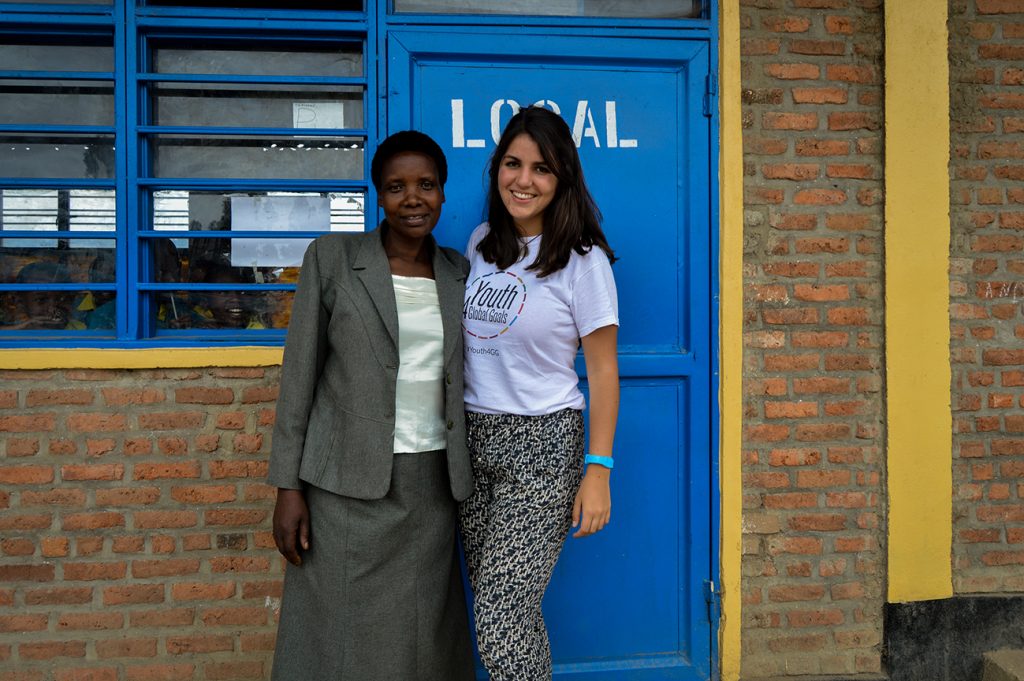
It was by observing that I started to appreciate the little things around me: the gratitude of someone smiling at you, the rain falling, the small joys of life. It made me become more at peace with myself, with my surroundings and through that, I became a happier person, someone that chooses to live in the present.
Before coming here, if I would have found 1€ on the street, I would have bought something extra for lunch, like a special dessert. While being in Rwanda, I learned that families in the village can survive with less than 1 euro per day. In refugee camps, people live on 7 euros per month.
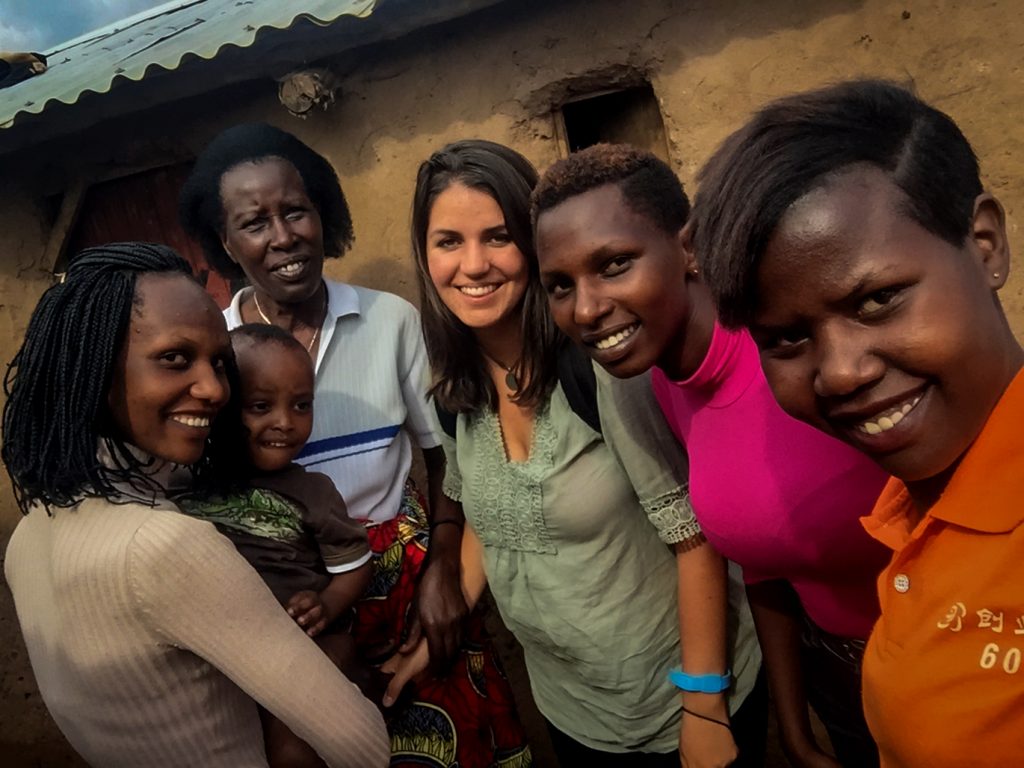
Talking to locals pushed me to ask myself questions about the inequality present everywhere in the world, about why so many people have so much while others have nothing. I decided to do something about it. While being a volunteer, I delivered a workshop for women in refugee camps, in order to understand more about the problems they were facing and come up with solutions. Once I saw the impact it had, the way it managed to open their minds and provide hope, I realized I could start reducing inequalities by taking small actions every day that. I spent the weekends that followed at the refugee camp, delivering leadership and business workshops.
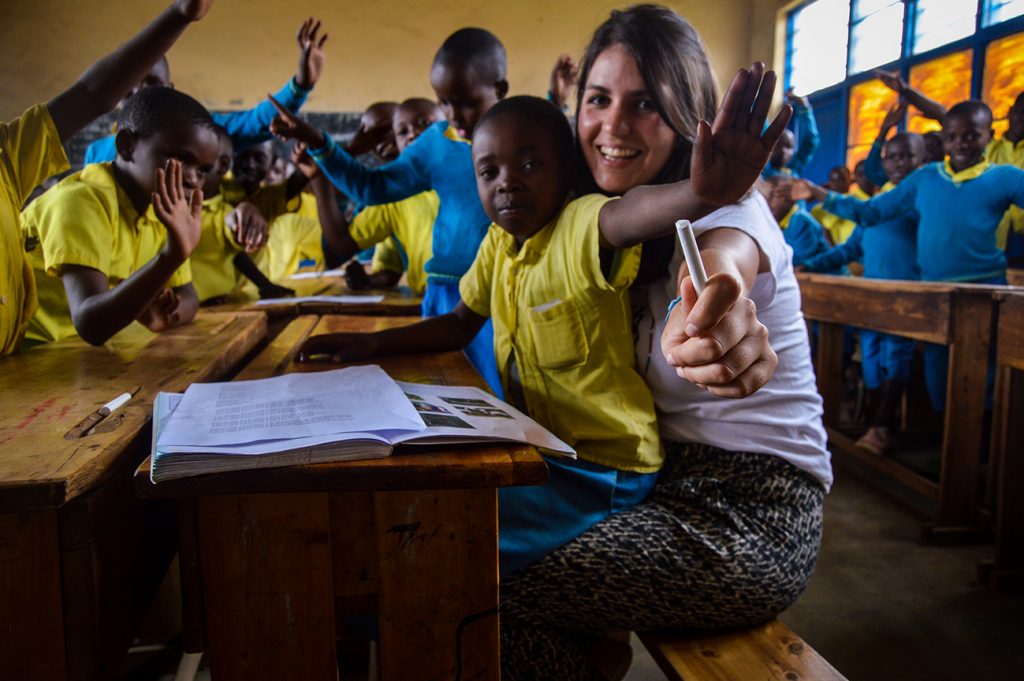
Volunteering abroad changed me as an individual, but more importantly, it contributed to making an impact on the world. Change happens step by step, so find your cause and start doing something about it.
6
Leave a Reply